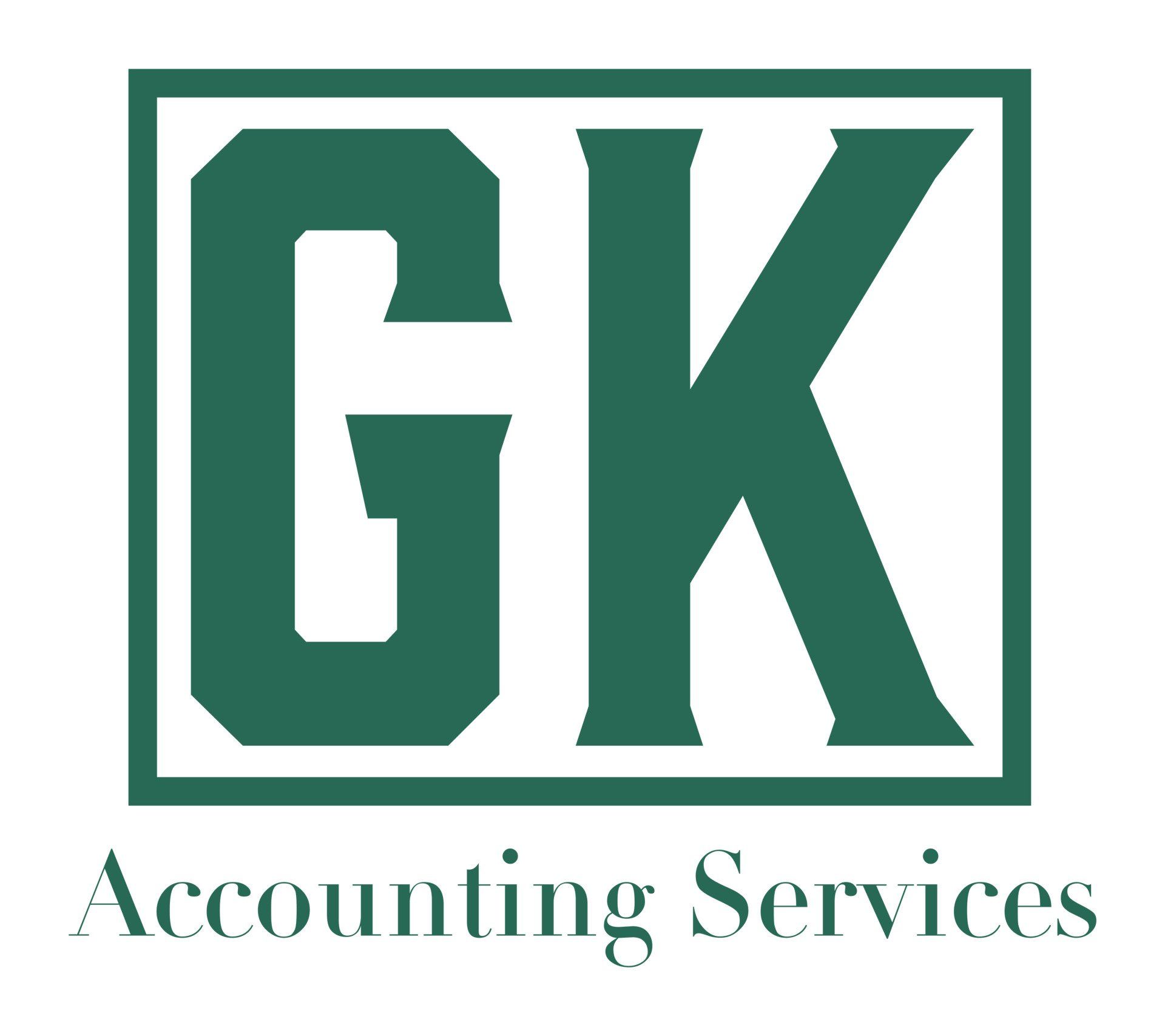Navigating Minimum Wage: Ensuring Correct Payments for Your Staff
Navigating Minimum Wage: Ensuring Correct Payments for Your Staff
In the realm of employment, fair compensation is not just an ethical imperative; it's a legal obligation. The National Minimum Wage (NMW) and National Living Wage (NLW) set the benchmark for ensuring employees receive their due remuneration. This article serves as a comprehensive guide, shedding light on the nuances of the current minimum wage rates, the penalties for non-compliance, and the steps employers must take to ensure they align with the law.
The NMW and NLW Landscape
As we enter the period from April 1, 2023, to March 31, 2024, employers are responsible for adhering to the correct National Minimum Wage (NMW) and National Living Wage (NLW) rates. The NLW, tailored for individuals aged 23 or above, mandates a minimum hourly rate of £10.42. On the other hand, the hourly rate of the NMW varies according to age categories. For those aged 21-22, the rate stands at £10.18. The 18-20 age group is entitled to £7.49, while workers beyond school leaving age but under 18 must receive £5.28. Apprentices, too, fall within this framework, with the NMW rate set at £5.28.
Avoiding Legal Pitfalls: The Consequences of Underpayment
The implications of non-compliance with minimum wage regulations are far-reaching and substantial. Employers found guilty of underpaying their workers face significant penalties. If an employee has been underpaid, the employer must rectify the situation by promptly paying any arrears owed. Penalties for non-payment can extend up to 200% of the unpaid amount. A notable aspect here is the provision for reducing penalties. If all unpaid wages and 50% of the penalty are settled within 14 days, the penalty is mitigated by 50%.
Fines and Reputational Damage: The Seriousness of Non-Payment
Non-payment of the minimum wage isn't just a financial blow; it carries grave consequences that extend to the very core of a business. Employers who fail to meet their obligations could incur fines reaching up to £20,000 per employee. The gravity of this transgression can lead to a ban from holding the position of a company director for up to 15 years. Furthermore, the reputational damage can be profound, with non-compliant employers being publicly named and shamed.
Navigating Compliance: Steps for Employers
Ensuring compliance with the minimum wage regulations is a multifaceted endeavour. Employers must begin by acquainting themselves with the current rates for the NMW and NLW. This involves accurately categorising employees based on their age and status as apprentices. As part of this process, payroll systems must be updated to reflect the revised rates. Additionally, regular reviews and assessments are essential to guarantee continued compliance.
In the intricate realm of employment, adherence to minimum wage regulations is not merely an option; it's imperative. The National Minimum Wage (NMW) and National Living Wage (NLW) rates form the cornerstone of equitable remuneration, embodying the principle of fair pay for honest work. As employers navigate the dynamic landscape of minimum wage compliance, they must be vigilant in adopting the correct rates, rectifying underpayment promptly, and mitigating the risk of severe penalties. By respecting the legal obligations surrounding minimum wage and prioritising fair compensation, employers not only avoid financial repercussions but also uphold the integrity of their businesses.
Want More Information?
Areas We Cover
New paragraph
Address: 168b Saron Road, Saron, Ammanford, Carmarthenshire, SA18 3LN
Phone: 01269 518815
Email: info@gkaccountingservices.com
Privacy Policy





